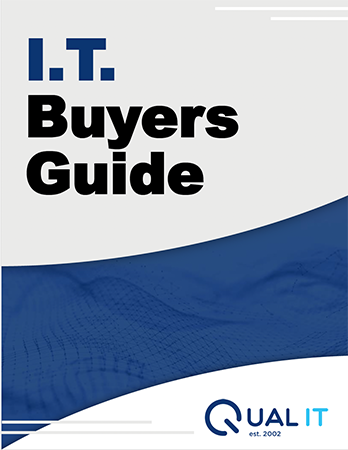 The New Face of Cybercrime Targeting Salt Lake City Medical Practices
The New Face of Cybercrime Targeting Salt Lake City Medical Practices
Cybercriminals have changed tactics. Instead of brute-forcing their way into healthcare networks, they’re quietly slipping in with stolen credentials—and Salt Lake City medical practices are right in their crosshairs.
This isn’t the stuff of Hollywood. These are identity-based attacks, and they’re now the most common way hackers breach healthcare systems. Why? Because they know the fastest way into your practice isn't through your firewall—it's through your staff.
Think of it this way: it's not a break-in; it's a walk-in with stolen keys.
In 2024, over 67% of major cybersecurity breaches stemmed from compromised logins. And it’s not just Fortune 500s getting hit—MGM and Caesars were breached, yes, but smaller, local practices in Salt Lake City are just as vulnerable.
Let me show you how.
How Hackers Get In: What Your Practice Needs to Know
These identity-based attacks often begin with something as small as a single password. But the methods used to get it? They’re getting far more sophisticated:
- Phishing emails and spoofed EMR portals that trick front desk staff into giving up credentials.
- SIM swapping that hijacks the text messages used in two-factor authentication (2FA).
- MFA fatigue attacks that flood your team with “approve login” requests until someone hits the wrong button out of sheer exhaustion.
- Third-party exploits that target outsourced billing companies, vendors, or even your current IT support team.
If you think your practice is too small to be a target, think again. Hackers know you’re often underfunded, overworked, and running on outdated systems—which makes you a prime target.
How to Protect Your Salt Lake City Medical Practice
Here’s the good news: you don’t need to overhaul your entire system to stay safe. You just need a few smart, practice-specific steps:
Turn On MFA (But the Right Kind)
Two-factor authentication is your digital deadbolt. But SMS-based MFA is no longer secure. Use app-based options like Duo or, better yet, hardware security keys.
Train Your Staff Like You Train for HIPAA
Your EMR is only as secure as the people who use it. Make cybersecurity awareness part of your onboarding and quarterly training. Teach your team how to spot phishing, where to report issues, and what red flags to watch for.
Limit Access Privileges
Your MA doesn’t need admin access to the entire system. Neither does your billing clerk. Set clear permissions. That way, if one login is compromised, it doesn’t open the whole practice to attack.
Upgrade from Passwords
Encourage password managers to avoid repeats or sticky note passwords. Better yet? Go passwordless. Security keys, facial recognition, and biometric login options are more secure and less forgettable.
The Bottom Line
Hackers don’t have to "break in" anymore. They just need one credential—and they’re getting smarter every day.
Salt Lake City medical practices deserve IT support that’s as specialized as the care they provide. At Qual IT, we work exclusively with healthcare providers to protect patient data, support EMR systems, and keep you ahead of compliance requirements without adding stress to your day.
Let’s make sure your practice isn’t the next easy target.



